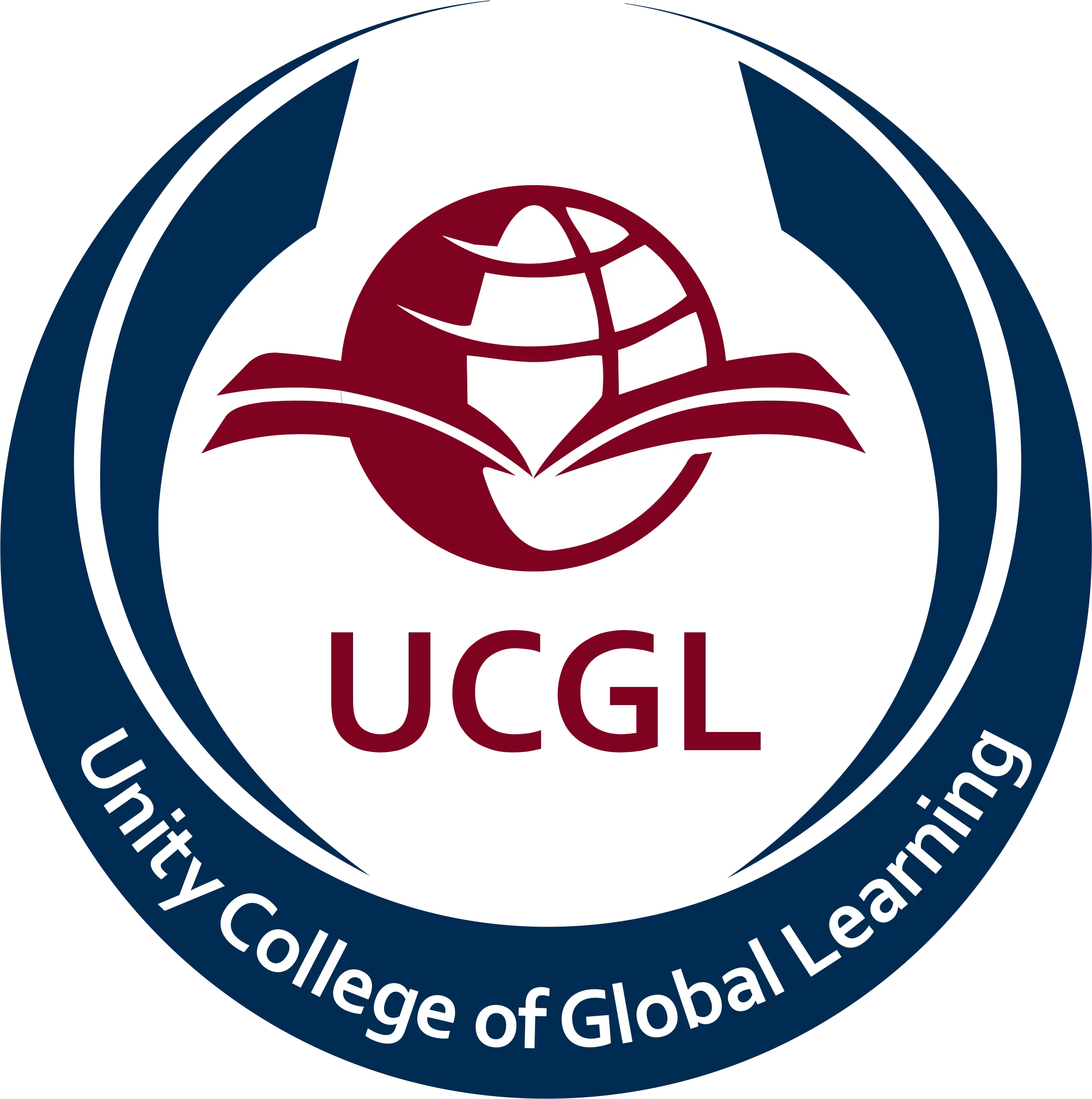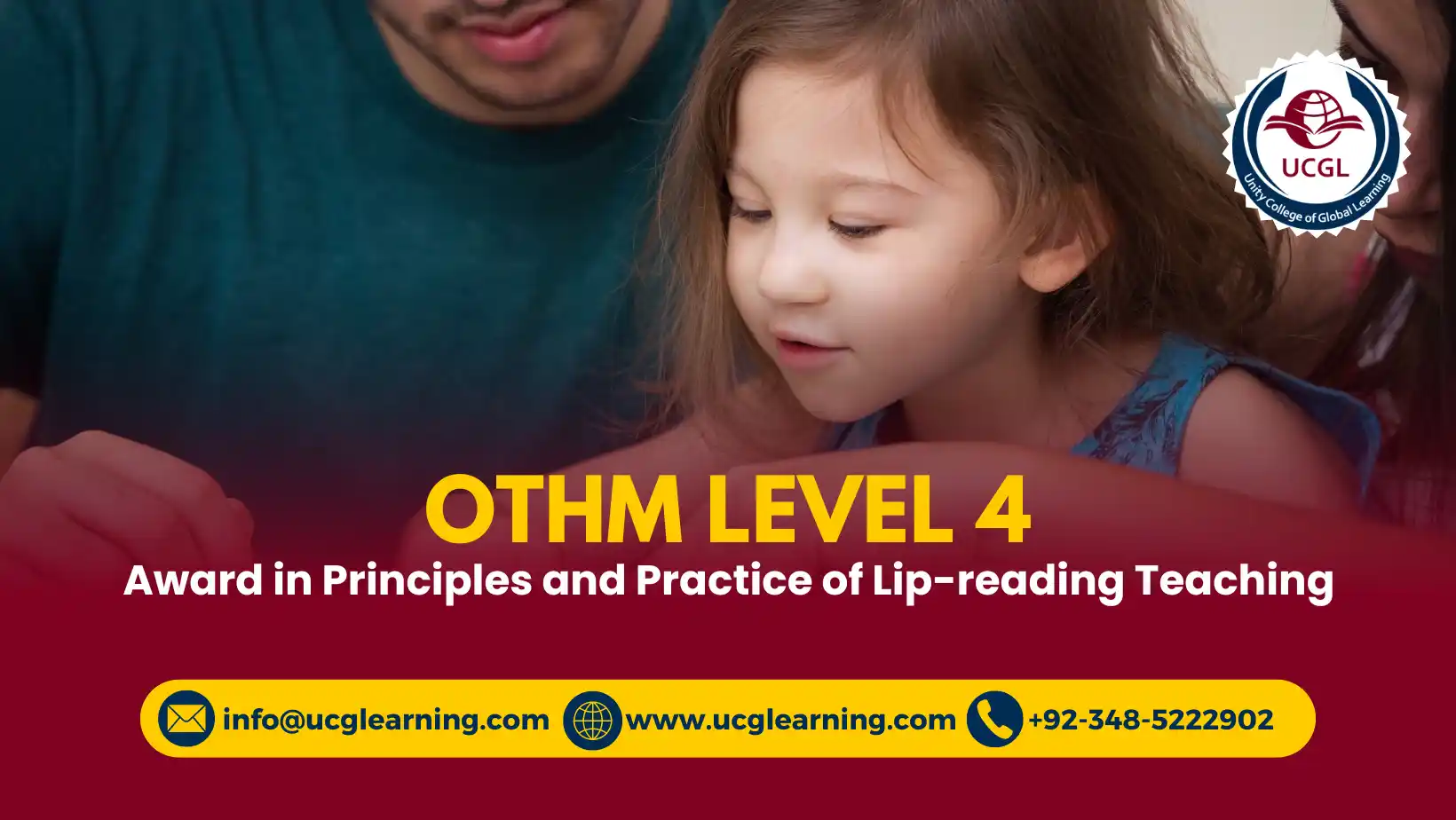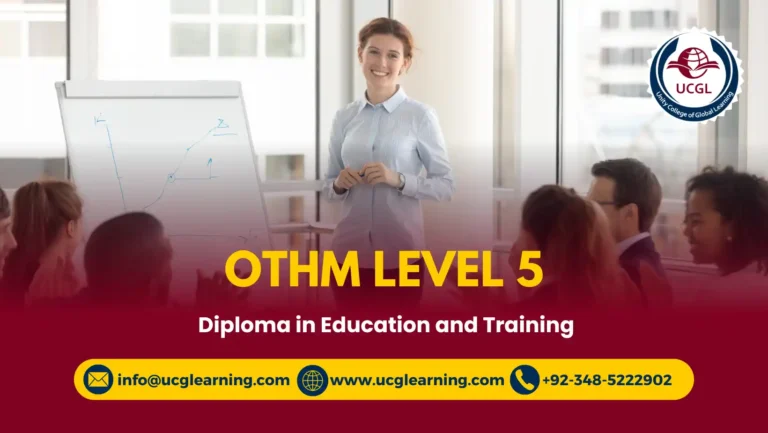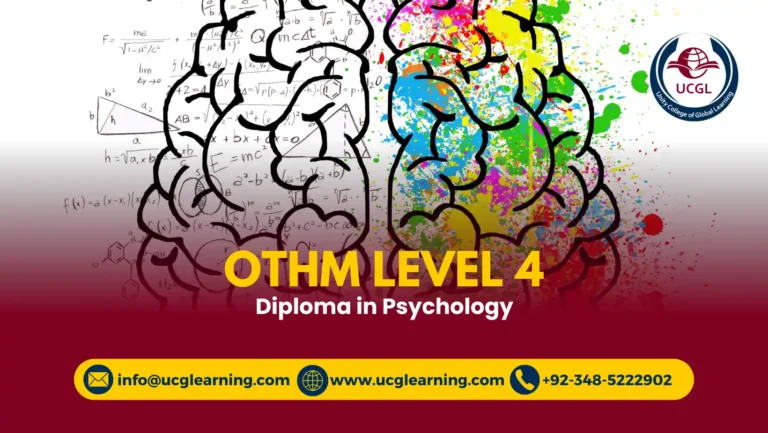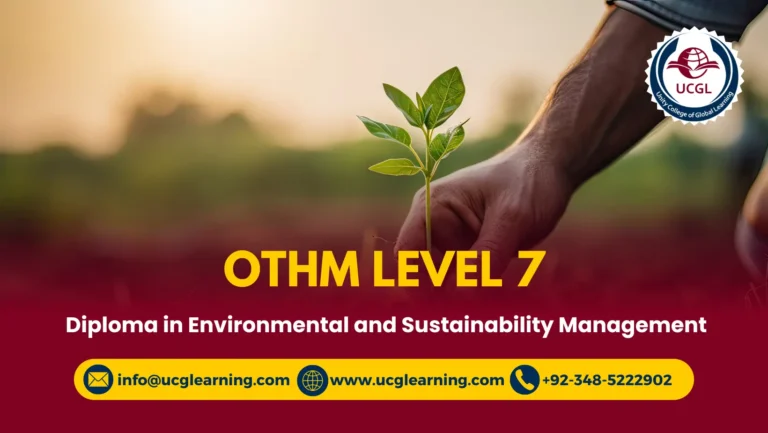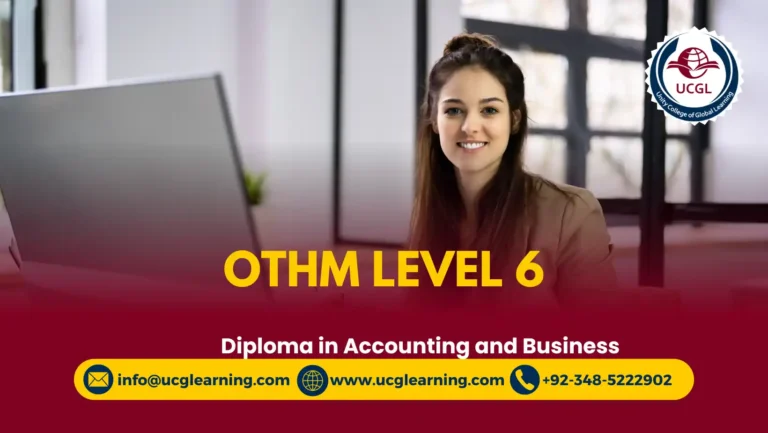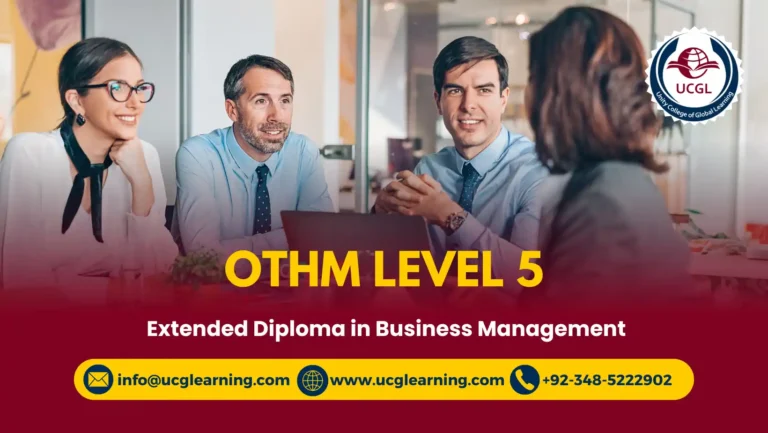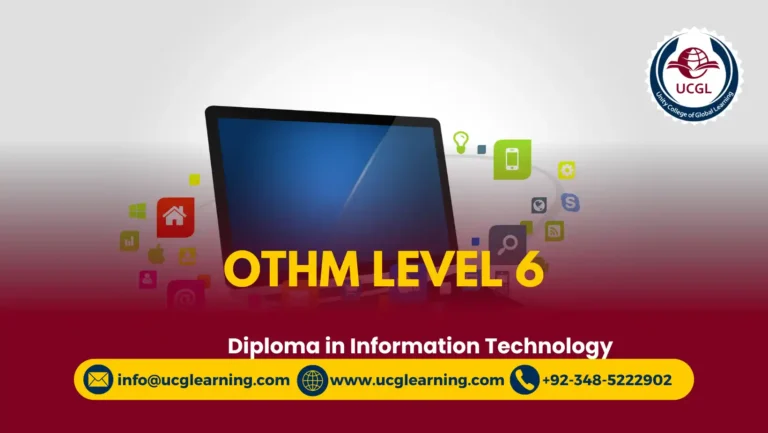OTHM Level 4 Award in Principles and Practice of Lip-reading Teaching
The Level 4 Award in Principles and Practice of Lip-reading Teaching provides a comprehensive foundation in the principles and practices essential for teaching lip-reading. This course covers theoretical knowledge and practical skills, ensuring that participants are well-prepared to teach in a variety of settings. The program is designed to be flexible and accessible, allowing learners to study at their own pace while receiving support from experienced tutors.
Course Introduction
In a world where communication is key, the ability to teach lip-reading is a valuable skill that can transform lives. The Level 4 Award in Principles and Practice of Lip-reading Teaching is designed to equip educators with the knowledge and skills needed to effectively teach lip-reading to those who are deaf or hard of hearing. This course is perfect for those who are passionate about making a difference and helping others overcome communication barriers.
Course Benefits
- Enhanced Teaching Skills: Gain specialized skills in teaching lip-reading, making you a more versatile and effective educator.
- Professional Recognition: Achieve a recognized qualification that enhances your professional credibility and career prospects.
- Empower Others: Learn how to empower individuals with hearing impairments, helping them to improve their communication skills and quality of life.
- Flexible Learning: Enjoy the flexibility of online learning, allowing you to balance your studies with personal and professional commitments.
- Support and Guidance: Receive guidance from experienced tutors who are dedicated to your success.
Course Study Units
- Principles and Practice of Lip-reading Teaching (12 Credits)
Learning Outcomes
- Knowledge Acquisition: Students will demonstrate a comprehensive understanding of the principles underlying lip-reading techniques, including the physiological and psychological aspects involved in speech perception through lip-reading.
- Skill Development: Students will acquire practical skills in teaching lip-reading techniques, including effective methods for improving speech reading accuracy and fluency.
- Critical Analysis: Students will critically evaluate different approaches to lip-reading instruction and their effectiveness in diverse learning contexts.
- Application of Theory: Students will apply theoretical knowledge to real-world scenarios, demonstrating the ability to adapt teaching strategies to meet the individual needs of lip-reading learners.
- Professionalism and Ethics: Students will demonstrate professionalism in their practice, adhering to ethical guidelines and promoting inclusivity and accessibility in teaching lip-reading skills.
- Research and Innovation: Students will engage with current research in the field of lip-reading education, identifying gaps in knowledge and proposing innovative solutions or approaches.
- Collaboration and Communication: Students will collaborate effectively with peers and stakeholders, communicating ideas and strategies for enhancing lip-reading teaching practices.
- Evaluation and Reflection: Students will evaluate their own teaching practice and reflect on personal growth, identifying areas for improvement and continuing professional development in lip-reading education.
These learning outcomes aim to encompass both theoretical understanding and practical skills necessary for teaching lip-reading effectively.
Who is this Course For?
This course is ideal for:
- Teachers and educators looking to specialize in lip-reading.
- Audiologists and speech therapists seeking to expand their skill set.
- Individuals working with deaf or hard-of-hearing communities.
- Anyone passionate about improving communication for those with hearing impairments.
Future Progression
Upon completion of the Level 4 Award in Principles and Practice of Lip-reading Teaching, graduates can pursue various pathways to further their careers:
- Advanced Qualifications: Progress to higher-level qualifications in deaf education, audiology, or speech therapy.
- Professional Development: Continue professional development through workshops, seminars, and courses related to hearing impairment and communication.
- Career Opportunities: Explore career opportunities in schools, colleges, healthcare settings, and community organizations that support individuals with hearing impairments.
- Specialized Roles: Take on specialized roles such as lip-reading instructor, deaf education consultant, or communication support worker.
The Level 4 Award in Principles and Practice of Lip-reading Teaching is more than just a qualification; it’s an opportunity to make a meaningful impact on the lives of individuals with hearing impairments. By becoming a skilled lip-reading teacher, you can help others overcome communication challenges and enhance their quality of life.
